|
A Daylong of Spiritual Teachings, Mindfulness Practices and Devotional Poetry
In this daylong retreat, Baraka Blue and Dr. Abdallah Rothman will take us through an exploration of the major themes of Islamic spirituality and psychology drawing especially on al-Ghazali’s Alchemy of Happiness and Rumi’s Masnavi. Date & Time: Sunday 14th May | 10am-6pm Venue: Winstanley House Hotel | Hinckley Road | Leicester | LE3 1HX Lunch and refreshments included | Limited spaces available | Registration required | £125 per person
Dr Abdallah Rothman returned as a guest on Baraka Blue's podcast Path and Present to speak about his spiritual journey, traveling around the world, studying different religions and living with spiritual masters, ultimately leading to his embracing of Islam.
Throughout the month of Ramadan Dr. Abdallah is doing a weekly series of short talks as part of the "Afternoon Anchors" series for Cambridge Muslim College's Ramadan program: Building an Ark. Each talk focuses on the Qur'anic themes of travel and journeying and gives practical insight into how to deepen our psycho-spiritual development throughout the month to work toward maximizing our potential. Subscribe to the youtube channel to be notified when these and other great daily talks are released live daily throughout Ramadan.
Throughout the month of Ramadan Dr. Abdallah is doing a weekly series of short talks as part of the "Midday Meditations" series for Cambridge Muslim College's Ramadan Live program. Each talk focuses on the Qur'anic themes of nature and agriculture and gives practical insight into how to deepen our psycho-spiritual development throughout the month to work toward maximizing our potential. Subscribe to the youtube channel to be notified when these and other great daily talks are released live daily throughout Ramadan.
Dr. Abdallah talks about the importance of psycho-spiritual introspection in one's orientation to the practice of Islam and how religious obligations should be transformational rather than simply transactional. If we look to avoid difficulty or hardship and attempt to overlook our inner state, we can fall into 'spiritual bypassing', where we use belief and ritual as a replacement for doing the inner reflection and hard work of healing our hearts. Islam requires us to do both, and if we orient ourselves to the practice of the religion in this way, the obligatory acts of worship and remembrance can and should become transformational. Dr. Abdallah presented on "Finding Center in the Heart (of the Pandemic): Practical Tools from the Islamic Tradition for Building Resiliency in Times of Disruption and Trauma" at the Huron-Respect Conference, 'Pastoral & Spiritual Care During the Pandemic' hosted by Dr. Ingrid Mattson on November 14, 2020. In this short presentation he outlines how he and his network of colleagues responded to the COVID pandemic crisis, tending to the wellbeing needs and collective trauma of Muslim communities around the world using online webinar platforms to address increases in anxiety, family conflict, depression, and existential grief. His approach to Islamic psychology is presented as a psycho-educational program to orient participants to indigenous Islamic tools for building resiliency and decreased anxiety.
Dr Abdallah Rothman was featured on the Kerning Cultures podcast in the episode titled "More Than A Buzz". In it he discusses his passion for roasting, brewing, and enjoying coffee and the spiritual significance of the coffee bean in the Islamic tradition.
Dr. Abdallah Rothman joined Baraka Blue once again on his Path & Present podcast, this time to discuss the impact of the Coronavirus pandemic on our mental health and wellbeing, and the challenges and opportunities that isolation affords. They discuss the notion of retreat in light of the month of Ramadan coinciding with many people's current status with stay at home orders, and how people can adapt to the situation, cope, and use this as an opportunity for growth.
A series of 20 short talks that build on one another successively as a course in self improvement. Dr. Abdallah Rothman takes you on a journey of Presence and Self Reflection, introducing principles and concepts from the Islamic tradition and framing them in practical application in daily life. Throughout each session he offers tools and resources to develop a practice of self reflection in your own life. This was part of the Cambridge Muslim College Ramadan Live program in 2020. The videos are the recordings of those sessions that were streamed live, with viewers from all over the world tuning in and asking questions, which Dr. Abdallah answers at the end of each session. Available for free on Youtube:
|
AuthorAbdallah Rothman Categories
All
Archives
September 2023
|
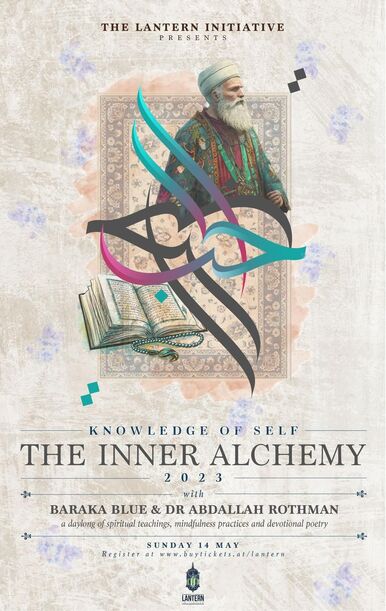
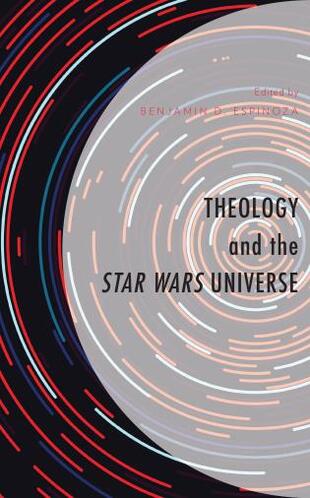
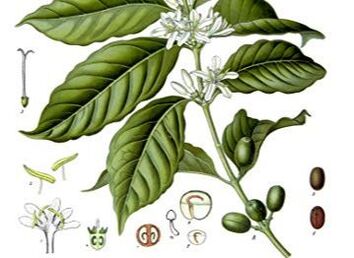
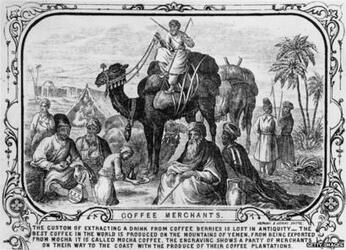
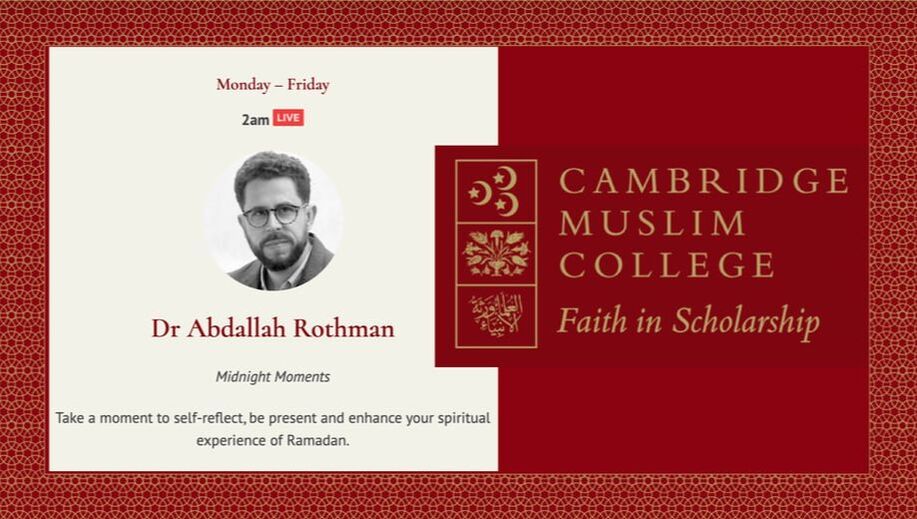
 RSS Feed
RSS Feed